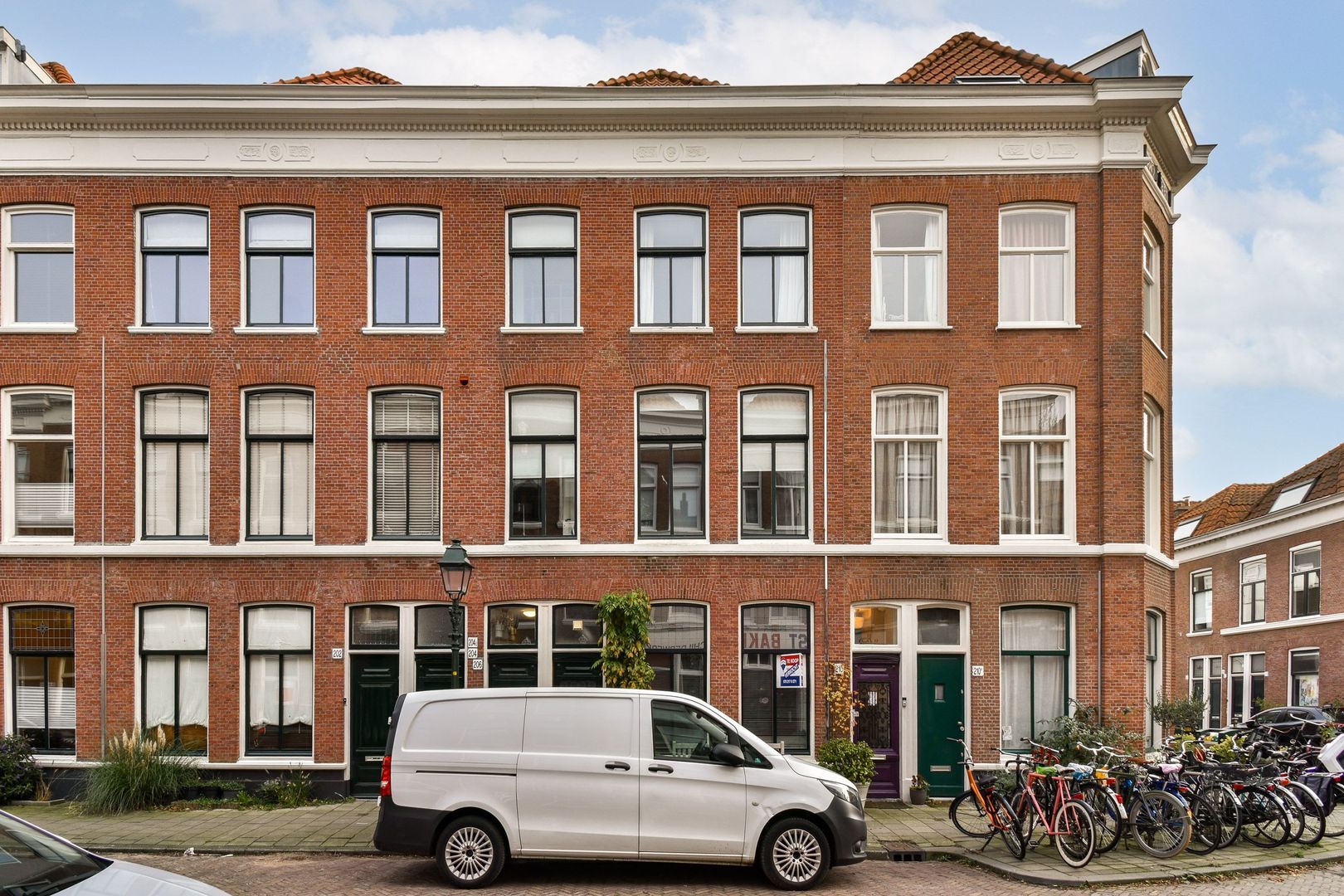"Structural Splitting: What Does It Involve?
Maximizing Returns: Legal Considerations in Structural Splitting of Real Estate
Building returns often starts with making optimal use of existing property. One way to create added value is by structurally splitting a property. It may sound appealing, but in practice, the legal process is often more complex than it initially appears. In this blog, we guide you through the key legal aspects you should be aware of.
What is structural splitting?
Structural splitting involves renovating an existing residence in such a way that it results in multiple self-contained housing units. This includes the addition of separate kitchens, bathrooms, entrances, and amenities for each floor or unit. In essence, each unit must have its own bathroom, toilet, kitchen, and lockable front door. A unit is considered self-contained if it functions as a fully independent residence, without reliance on external facilities.
Structural splitting enables a property to be rented out or sold in parts instead of as a whole. Generally, this increases rental income and market value, but it also comes with several legal obligations.
Permits: Not optional
Several permits are typically required for structural splitting, depending on the municipality and the nature of the work:
-
Environmental permit for structural alterations
Structural changes always require an environmental permit for technical construction activities. Article 2.27(1) of the Building Structures (Living Environment) Decree states that such a permit is mandatory when modifications are made to the load-bearing structure, fire compartments, sub-compartments, protected compartments, or façade insulation. As fire compartmentation will inevitably change during structural splitting, this permit is always required. -
Environmental permit for deviation from the zoning plan
Some municipal zoning plans prohibit the creation of multiple residences within a single property. In these cases, a separate environmental permit must be obtained to deviate from the zoning plan. -
Housing formation permit
In many large municipalities (such as Amsterdam, Utrecht, and Rotterdam), a Housing Regulation includes permit requirements for changes to the housing stock. Structural splitting—often referred to in these regulations as “housing formation”—results in such a change and may require a permit. Some municipalities apply strict criteria, and at times may even halt the issuance of such permits. It is essential to investigate this thoroughly in advance. -
Subdivision permit (if splitting into apartment rights)
If the goal is to sell the split units separately, they must be subdivided into apartment rights. In some municipalities, a subdivision permit is required under the Housing Regulation.
It is crucial to assess in advance which permits are needed and whether these can be obtained.
In the News: Selling Student Housing to Multiple Owners – A Market Opportunity?
On Monday, March 31, 2025, BNR published an article discussing a new trend in the student housing market: selling existing student accommodations to multiple buyers—often the parents of the residents themselves.
This large-scale sell-off is affecting the availability of student housing. It is therefore no surprise that people are looking for what is still legally permissible. Jointly purchasing a self-contained housing unit (which in practice offers a student room with shared amenities) appears to be a viable solution for some parents with children in higher education.
The Utrecht city alderman has expressed the view that this practice constitutes a disguised form of structural splitting. However, as long as the property remains a single self-contained unit, this is not the case, and no structural splitting permits are required. In some instances, however, a conversion permit and/or environmental permit may still be needed—this depends on the local regulations of the respective municipality.
Naturally, it is also essential that co-owners formalize their mutual agreements properly—such as what to do if one of the owners faces bankruptcy.
This topic was also discussed during BNR’s live broadcast on Monday morning, March 31, 2025, in which I provided legal insight into this structure. Both the broadcast and article can be found [here].
Questions or Need Legal Advice?
Are you planning to structurally split a property, facing enforcement from the municipality, or do you have other questions related to changes in the housing stock? Feel free to contact me.
Nicky Loekemeijer
Lawyer
loekemeijer@kadv.nl
+31 6 8296 7804
 English
English
 Nederlands
Nederlands



